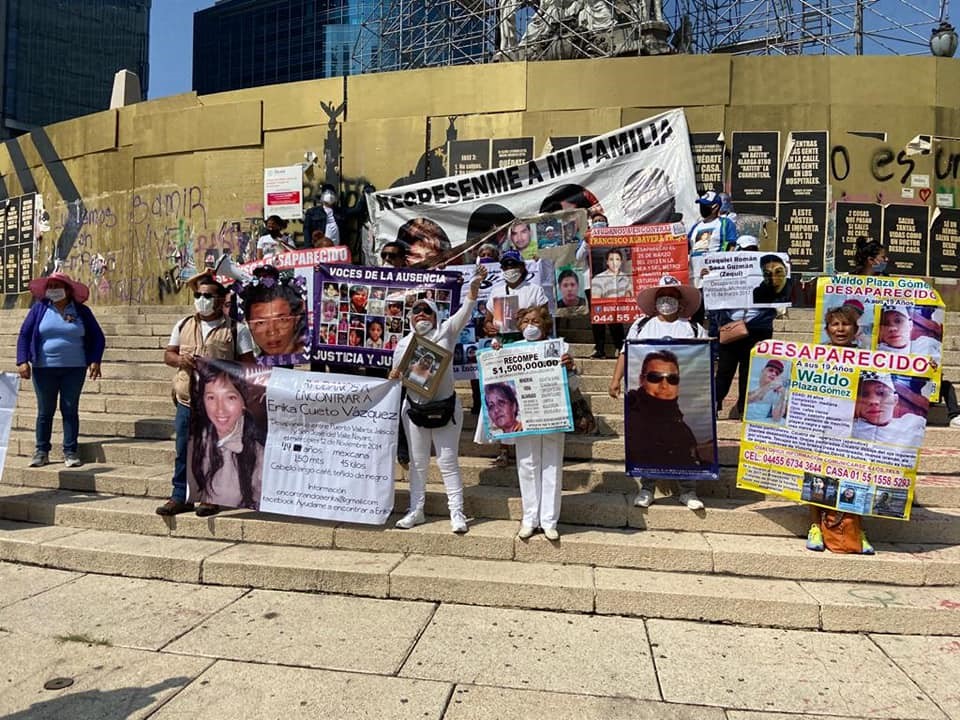This article was published more than 5 years ago.
This article is part of a series featuring inspiring stories of local action #fromthefrontlines of COVID-19 in the Global South. For more, visit our COVID-19 page and follow us on Facebook and Twitter.
To date, there have been more than 10,000 confirmed deaths due to COVID-19 in Mexico. While the number of migrant deaths is unconfirmed, those journeying north in search of a better life are at higher risk for transmission due to a lack of health resources and protections. And until recently, the families of missing migrants (who may have died as a result of COVID-19) were left with little information about what happened to their loved ones.
When Mexico’s government initially issued guidelines for handling the bodies of those deceased as a result of COVID-19, it recommended cremation for those unidentified. Without forensic proof of their relatives’ deaths, this would have compounded the grief and trauma experienced by missing migrants’ families. Additionally, this would have undermined a law protecting victims of disappearance in the country.
In the last decade, an estimated 60,000 people have gone missing in Mexico, including migrants and victims of femicide, police and armed forces and cartels.

In response, Fray Juan de Larios Human Rights Center, a Fund-supported group dedicated to advocating for the rights of victims of forced disappearances and migrants gone missing, spoke out publicly against this directive, jump-starting a nationwide outcry. In less than two days, the organization had garnered support from numerous other human rights movements and collectives of families searching for migrants gone missing.
As a result, the government rescinded the portion of the guidelines that called for cremating bodies of unidentified people suspected of having COVID-19, including those unidentified. This ensures that migrants and others who perish due to novel coronavirus are given the opportunity to be identified and for a dignified burial in accordance with their and their families’ wishes.


